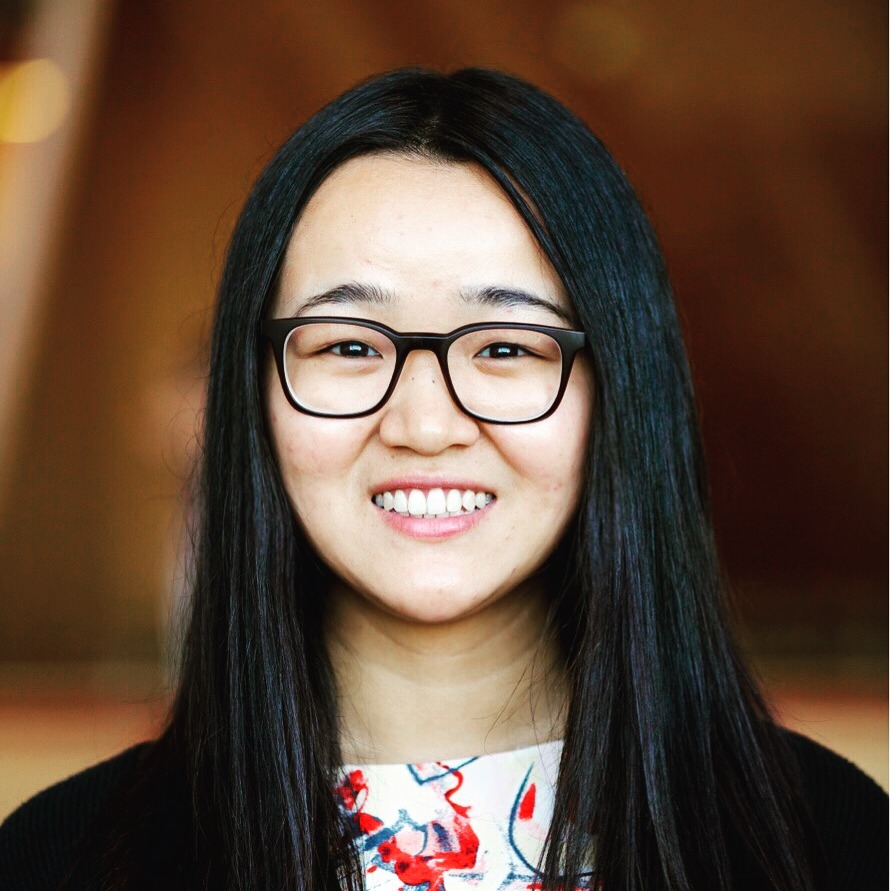Language Understanding in Social Context
Diyi Yang / Georgia Institute of Technology

Talk: , -
Abstract:
Over the last few decades, natural language processing (NLP) has had increasing success and produced industrial applications like search, and personal assistants. Despite being sufficient to enable these applications, current NLP systems largely ignore the social part of language, e.g., who says it, in what context, for what goals. My research combines NLP, linguistics and social science to study how people use language in different social settings for their social goals, with the implications of developing systems to facilitate human-human and human-machine communication. In this talk, I will explain my research from two specific studies. The first part studies what makes language persuasive by introducing a semi-supervised neural network to recognize persuasion strategies in loan requests on crowdfunding platforms, and further designed neural encoder-decoder systems to automatically transform inappropriately subjective framing into a neutral point of view. The second focuses on modeling how people seek and offer support via language in online cancer support communities and building interventions to support patient communication. Through these examples, I show how we can accurately and efficiently build better language technologies for social contexts.
Bio: Diyi Yang is an assistant professor in the School of Interactive Computing at Georgia Tech, also affiliated with the Machine Learning Center (ML@GT) at Georgia Tech. She is interested in natural language processing (e.g., language generation, semantics, discourse), and computational social science. Diyi received her PhD from the Language Technologies Institute at Carnegie Mellon University, and her bachelor's degree from Shanghai Jiao Tong University, China. Her work has been published at leading NLP/HCI conferences, and also resulted in multiple award-winning papers from EMNLP 2015 and SIGCHI 2019. She has served as an Area Chair for ACL, EMNLP, NAACL, CIKM, and CSCW conferences.
Bio: Diyi Yang is an assistant professor in the School of Interactive Computing at Georgia Tech, also affiliated with the Machine Learning Center (ML@GT) at Georgia Tech. She is interested in natural language processing (e.g., language generation, semantics, discourse), and computational social science. Diyi received her PhD from the Language Technologies Institute at Carnegie Mellon University, and her bachelor's degree from Shanghai Jiao Tong University, China. Her work has been published at leading NLP/HCI conferences, and also resulted in multiple award-winning papers from EMNLP 2015 and SIGCHI 2019. She has served as an Area Chair for ACL, EMNLP, NAACL, CIKM, and CSCW conferences.